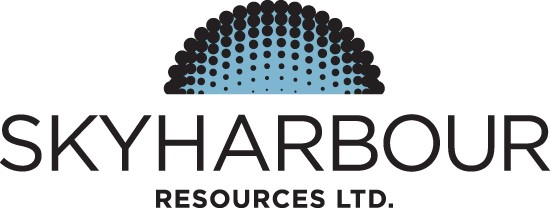- Findings support Aβ vaccine candidate consisting of conformational B cell epitope of Aβ oligomers conjugated to a carrier protein as a potential strategy for preventing Alzheimer’s disease progression
The Company believes that a vaccination strategy for the prevention or treatment of AD, compared to passive immunization with a therapeutic antibody, could present several potential advantages, including the potential for sustained anti-disease activity and ease of use for prevention in conjunction with diagnostic biomarkers, and fewer doses compared with chronic antibody treatment. An AD vaccine capable of inducing an effective antibody response against pathogenic Aβ could potentially be administered as a preemptive measure to at-risk individuals to prevent the symptomatic disease or given therapeutically to diagnosed patients to inhibit the progression of AD. Using computational modeling, ProMIS has identified conformational epitopes that are exposed on misfolded, toxic Aβ oligomers (AβO), the driver of disease, and not on monomers or plaque. In mouse preclinical studies, vaccination with a conformational AβO epitope conjugated to a carrier protein and delivered with adjuvant induced a strong, sustained antibody response with the desired oligomer selectivity.
“These encouraging data support our approach of immunization with a rationally designed vaccine consisting of an Aβ oligomer conformational B cell epitope conjugated to a carrier protein,” said Johanne Kaplan, Ph.D., Chief Development Officer of ProMIS Neurosciences and first author of the presentation. “We look forward to advancing our goal of developing a safe and effective AD vaccine to induce a specific immune response against toxic Aβ oligomers.”
In an oral presentation titled, “Rational design of a vaccine for Alzheimer’s disease using computationally-derived conformational B cell epitopes to selectively target toxic amyloid-beta oligomers,” mouse studies were conducted to assess the potential of ProMIS’ vaccine candidate designed to induce AβO-restricted antibodies without eliciting potentially inflammatory T cell responses against Aβ in the brain (meningoencephalitis). The ProMIS vaccine candidate, consisting of an AβO conformational peptide epitope conjugated to KLH as a carrier protein to provide T cell help, elicited robust and sustained antibody responses with either alum or QS-21 as the adjuvants. There were no potentially deleterious T helper cell responses to the conformational AβO peptide epitope, and T helper responses developed only against the KLH carrier protein. In addition, the serum antibodies elicited were selective for AβO with no detectable binding to monomers or plaque, which could reduce the risk of amyloid-related imaging abnormalities (ARIA) associated with plaque-binding antibodies. These findings support potential clinical development of a therapeutic vaccine for AD that could elicit an antibody response while reducing the risk of meningoencephalitis, as well as ARIA.
The slide presentation is available on the Posters and Publications page of the Company’s website at http://www.promisneurosciences.com
ProMIS Neurosciences Inc. is a development stage biotechnology company focused on generating and developing antibody therapeutics selectively targeting toxic misfolded proteins in neurodegenerative diseases such as Alzheimer’s disease (AD), amyotrophic lateral sclerosis (ALS) and multiple system atrophy (MSA). The Company’s proprietary target discovery engine is based on the use of two complementary techniques. The Company applies its thermodynamic, computational discovery platform – ProMIS and Collective Coordinates – to predict novel targets known as Disease Specific Epitopes on the molecular surface of misfolded proteins. Using this unique approach, the Company is developing novel antibody therapeutics for AD, ALS and MSA. ProMIS has offices in Toronto, Ontario and Cambridge, Massachusetts. ProMIS is listed on Nasdaq and the Toronto Stock Exchange under the symbol PMN.




